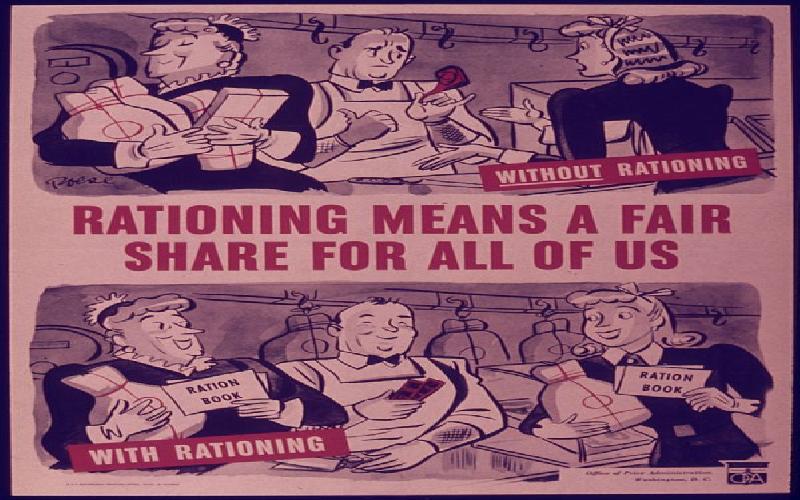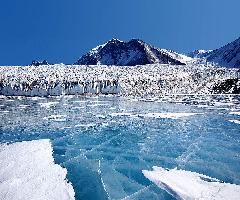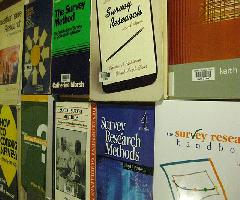Rationing and its role in policy
Rationing can definitely reduce consumption, especially that of energy - the root cause of excess green house gases and the consequent global warming. However, it will work only if it is applied in a practical way that could be accepted.
Our civilization is based today on the free markets. If you observe the concern that is generated by a mere 5% fall in the stock prices, it will not be difficult to appreciate the kind of resistance and panic even an idea about something as drastic as rationing would give rise to. Whatever may
Economics of rationing
In economic terms the impact of rationing of quantity and imposition of tax is the same. In fact, by imposing tax, there is an additional benefit of generating resources that can then be used for developing technology that can help us find an alternative fuel. Thus, the best way of imposing rationing would be to impose it by way of heavy taxes on the rationed commodities, and then allowing a tax free amount of those commodities for every individual. Only certain commodities are fit for being subjected for such tax free 'rationing.' The most important of them is energy, especially electricity. Electricity is necessary for modern life, and yet its consumption is also one of the most important causes for global warming. Most common source of electricity in the world is coal, the
primary source of carbon di oxide addition to environment.Candidates for rationing
Electricity can be taxed at a very high rate, say 200 to 400 percent, or even more. However, a certain amount, necessary for the basic minimum quality of life can be rationed to every person without any taxes. This will create a very strong incentive for everyone to curtail the daily use of energy. Economic principles dictate that if the prices rise, demand will fall. Thus, such rationing will bring down the total energy requirements without adversely affecting the quality of life.
The other major consumer of fossil fuel is transport. As far as transport of people is concerned, rationing is simple. It can be done by imposing heavy taxes on all kind of private transport, while completely exempting the public transport. This should be enough to make people shift to public transport, which can be the single most important factor in cutting green house emissions.
Energy is also consumed in the form of each and every commodity that is produced and transported. Unfortunately, it is not feasible to either ration all commodities, or tax all of them at a very high rate. What can be done is to tax commodities except the necessities like food and medicines as well as those items that save energy in some form or other. For example recycled paper, used items, handmade items can be exempted from tax. Their use will help in cutting down the consumption of energy. This can be combined with subsidies on production of clean renewable energy.
All these measures can actually help in cutting down the consumption of fossil fuels, emission of green house gases and the rate of global warming.










